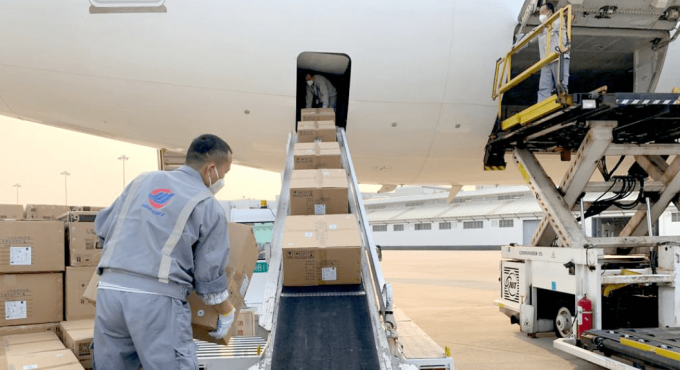Avianca Cargo Mexico the latest in a wave of new airfreight partnerships
In a period where freighters are searching the world for volumes, and the air cargo ...

Current yields, and incoming rule changes, look set to mark the end of the passenger freighter – a blessing for many; a nightmare for handlers.
The dearth of capacity at the onset of Covid, and high demand for air cargo, saw aviation safety authorities tweak the ...


Comment on this article